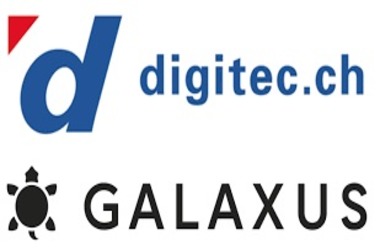
As portion of a trial project with Datatrans, a Swiss payment processor, and in partnership with Danish crypto payment firm Coinify, the latest payment strategy was supposedly created jointly. The platform establishes 15-minute window time for clients. During that period, the crypto exchange rate does not change so that the payment along with a service charge of 1.5% can be made.
The company also included a crypto wallet group to the ecommerce software, along with a devoted tutorial, and published a blog article titled “Diamonds or Gold Are Better Suited to Get Rid of Illicit Money.” Oliver Herren, Chief Innovation Officer of the company, confessed in latter article that he was not entirely swayed of the benefits of blockchain over conventional database arrangements. He finishes by saying that “But maybe I just haven’t invested enough time in fully understanding how the blockchain ecosystem works.”
Finally, the firm also published a blog article devoted entirely to its in-house tech team which was behind the crypto integration. During the press conference, the firm summarized on a highly technical level what a blockchain is. Net sales of Digitec Galaxus equates to over $261 million in 2018, according to ecommerce information platform ecommerceDB, and the shop, which was first unveiled in 2010, is the 341st largest online retailer in the world. Other large global retailers also explored the plan of incorporating crypto payment methods to their platforms, with the key example being the acceptance of Bitcoin as payments by Overstock.com in 2014 itself.
Bunz Trading Zone, which is Canada’s online trading and bartering platform, is releasing its own cryptocurrency. Also, Japan’s largest e – commerce company, Rakuten, having a market cap of more than $12.5 billion, revealed its intention to introduce a cryptocurrency called Rakuten Coin in February last year.